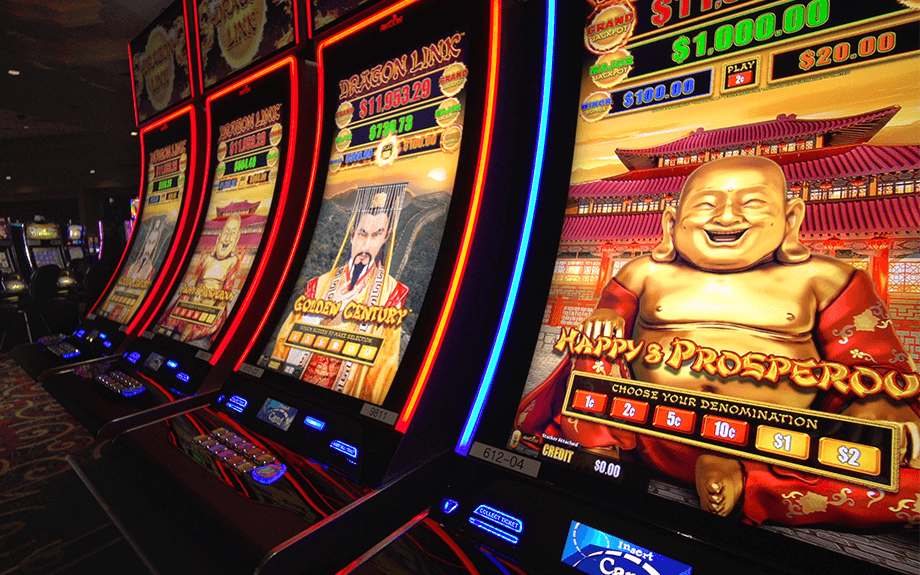
Explore the nuanced mechanics of casino gambling addiction in this in-depth guide 에볼루션api, revealing its psychological roots and illuminating the factors influencing its emergence. From the magnetic pull of the casino environment to the profound repercussions of addiction, our goal is to offer a comprehensive insight into this intricate phenomenon.
Understanding the Appeal of Casino Gambling
Casinos have always been associated with excitement, providing a variety of games crafted to enthrall players and ensure their return. With dazzling lights, vivid colors, the adrenaline of wagering, and the chance of hitting the jackpot, casinos cultivate an atmosphere ideal for both amusement and daring ventures.
The Role of Reinforcement
The allure of casino gambling is rooted in the principle of reinforcement. Each victory, regardless of its size, sparks a surge of dopamine in the brain, generating a delightful feeling and bolstering the actions that resulted in the win. This pattern of risk and reward has the potential to foster addiction rapidly, as people strive to recreate the elation of triumph.
Social and Environmental Factors
Moreover, the social and environmental aspects of casinos can heighten the appeal of gambling. Interacting with fellow participants can cultivate camaraderie and a sense of belonging. The opulent decor and generous amenities can also nurture feelings of indulgence and escapism.
The Psychology of Addiction
While casino gambling can be a source of entertainment for many, it has the potential to evolve into a severe addiction for others. A profound grasp of the psychological processes that drive addiction is paramount in effectively tackling and managing this concern.
The Role of Dopamine
Dopamine, known as the “feel-good” neurotransmitter, is pivotal in addiction. The dopamine release linked to winning acts as a strong motivator for sustained gambling, despite increasing losses. With time, individuals may build a tolerance to these enjoyable effects, driving them to chase higher stakes and increased risks in their quest for the same euphoria.
The Impact of Cognitive Biases
Cognitive biases like the gambler’s fallacy and the illusion of control can fuel the progression of gambling addiction. The gambler’s fallacy convinces people that prior results affect future occurrences, while the illusion of control breeds excessive confidence in predicting and altering the results of random games.
Escapism and Coping Mechanisms
For numerous individuals, gambling acts as an escape from life’s difficulties and pressures. The temporary relief found in the casino ambiance presents a chance to dull painful emotions and divert attention from deeper problems. Nonetheless, this coping strategy is inherently unsustainable and has the potential to intensify sentiments of guilt, shame, and hopelessness.
Recognizing the Signs of Addiction
Recognizing the early warning signs of gambling addiction is vital for timely intervention and harm prevention. Although symptoms can differ among individuals, typical indicators encompass:
- Preoccupation with gambling
- Difficulty controlling or stopping gambling behavior
- Lying or hiding the extent of one’s gambling activities
- Financial problems, including borrowing money or selling possessions to finance gambling
- Relationship conflicts and social withdrawal
Seeking Help and Support
If you or a loved one is facing a gambling addiction, seeking help is crucial. Explore available resources like counseling services, support groups, and tailored treatment programs to address individual needs effectively.
Therapy and Counseling
Cognitive-behavioral therapy (CBT), a form of therapy, proves highly effective in combating gambling addiction. By aiding individuals in recognizing and disputing harmful thought patterns and behaviors, CBT offers a powerful solution. Moreover, counseling offers a safe space to delve into root causes and cultivate healthier coping strategies.
Support Groups
Support groups like Gamblers Anonymous provide vital community and empathetic support for those facing addiction struggles. By engaging with peers who have walked a similar path, individuals can access invaluable wisdom, motivation, and responsibility as they progress toward recovery.
Holistic Approaches
Besides conventional therapy and support groups, holistic methods like mindfulness, meditation, and overall wellness practices can enhance existing treatments. They promote well-being and resilience effectively.
Conclusion
In conclusion, casino gambling addiction presents a complex challenge intertwined with profound psychological ramifications. By delving into the contributing factors and identifying addiction indicators, we pave the way for a society that promotes responsible gambling practices and offers the necessary support for recovery. Through education, heightened consciousness, and empathetic intervention, we empower individuals to reclaim their lives and journey toward healing and renewal.
“Exploring the Psychology Behind Casino Gambling Addiction”에 대한 0개의 응답